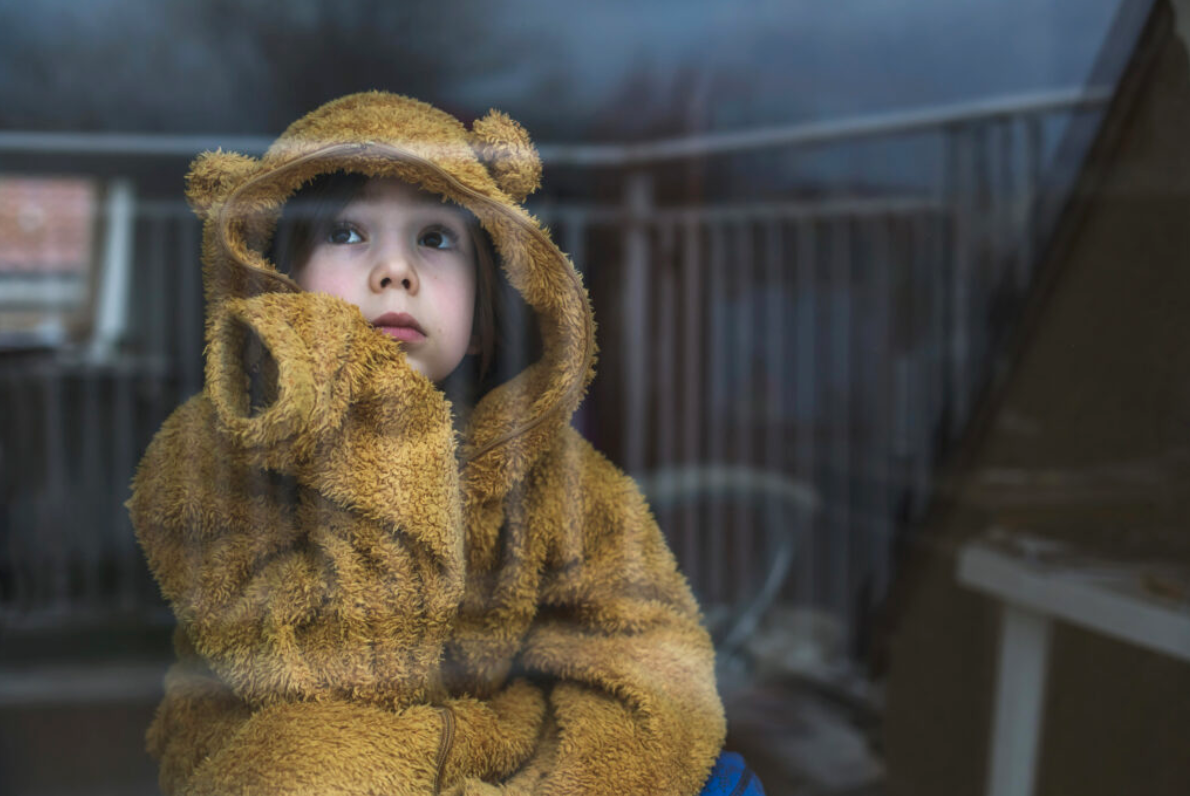Does your child suffer from seasonal affective disorder (SAD)? If so, you may not even realize that this is the problem. Sometimes, parents think kids are just slacking off, because they seem to be losing concentration, sleeping more, and generally acting mopey and low on energy. It might not immediately occur to you that this seasonal funk is anything more than a phase, but kids can get SAD just as adults can. People with SAD tend to have symptoms in a seasonal pattern, starting when winter approaches and going away when spring returns. It’s thought that the depression associated with SAD is related to decreased daylight exposure, but it’s not entirely clear how it works. It may have something to do with melatonin, which increases in the dark and makes us sleepy, and serotonin, the hormone that increases with light exposure and makes us happy. About 6 percent of people experience seasonal depression, and it’s most common in older teens and young adults. But how can you tell if your child is suffering from SAD?
Mood shifts. If your child is experiencing SAD, you’ll probably notice mood swings for at least two weeks. Sadness, irritability, feelings of hopelessness or worthlessness may be accompanied by your child being more sensitive than usual to criticism, being self-critical, and crying or getting upset easily.
Your child doesn’t enjoy things as much. You might notice that your child has lost interest in things he or she usually finds enjoyable, or feels unable to accomplish tasks successfully.
Sleep pattern changes. Your child might have trouble sleeping or might sleep much more than usual. It can be hard for kids with SAD to get out of bed and ready for school in the morning.
Your child lacks energy. Regardless of sleeping habits, you might notice unusual tiredness or unexplained fatigue.
There are changes in eating habits. Children with SAD often crave simple carbohydrates, like comfort foods and sweets. They may also tend to overeat.
Your child has trouble focusing. Grades might drop, as your child becomes less able to concentrate and less motivated to succeed.
He or she spends less time socializing. If your child is spending less time with friends or in social activities he or she previously enjoyed, this could be a symptom of depression associated with SAD.
If you suspect your child is suffering from SAD, talk to your pediatrician. Treatment depends on the severity of the child’s symptoms, but there are several different approaches that may help. Increased light exposure, light therapy, medication, and talk therapy are all used to combat SAD.
If your child has been diagnosed with ASD, The Stepping Stones Group is here to offer support, keeping you informed of opportunities and providing important support services.

